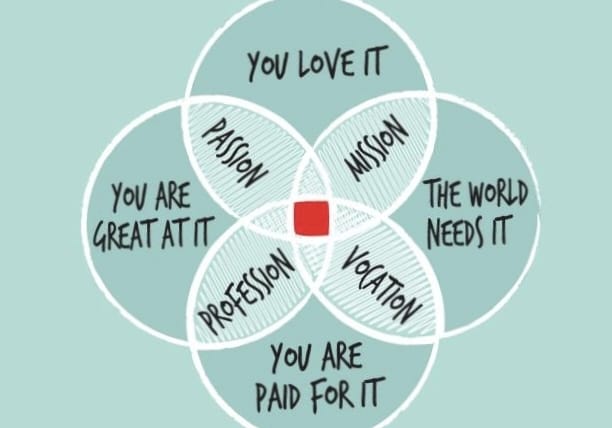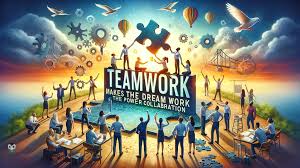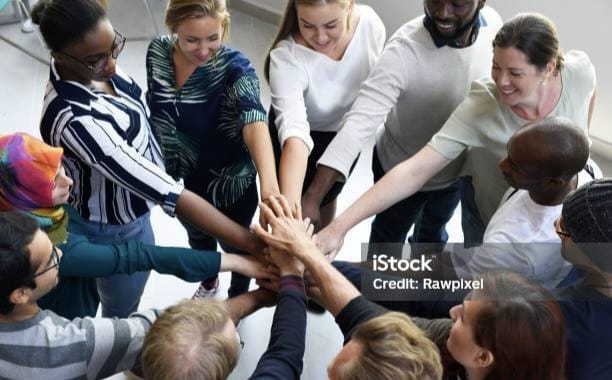In a world obsessed with timelines and milestones, people often associate age with capability, success, and relevance. However, the truth is that purpose and intention play a far greater role in shaping one’s journey and accomplishments than the number of years they’ve lived. Age is merely a number, but the clarity of purpose and strength of intention are the real drivers of achievement and fulfillment.

Age Is Arbitrary
Age is a measure of time but not necessarily a measure of wisdom, skill, or ability. Many people achieve greatness at an age society considers “too young” or “too old.” For example, Malala Yousafzai, at just 17, became the youngest Nobel Peace Prize laureate, driven by her unwavering purpose to advocate for girls’ education. Conversely, Colonel Harland Sanders founded Kentucky Fried Chicken at the age of 62, proving that intention and persistence can lead to success at any stage of life.
Society often imposes age-related expectations—when to graduate, start a career, marry, or retire. These benchmarks can create unnecessary pressure and lead to feelings of inadequacy if not met. However, what truly matters is aligning actions with personal values and goals, regardless of societal timelines

The Power of Purpose
Purpose is the driving force that gives life meaning. It provides direction, motivation, and resilience. A clear sense of purpose can make obstacles feel surmountable and achievements deeply fulfilling. Whether it’s a young entrepreneur creating a tech startup or a retiree embarking on a new career, purpose is what propels them forward.
Consider the story of Grandma Moses, who began her painting career in her late 70s. Her purpose wasn’t limited by her age but fueled by her passion for art. Similarly, teenagers like Greta Thunberg, who advocate for climate action, demonstrate that a strong sense of purpose can inspire global change, regardless of age.
Intention Sets the Course
Intention complements purpose by focusing on the “how.” While purpose answers the “why,” intention clarifies the actions needed to achieve goals. Acting with intention ensures that every step, no matter how small, contributes to the larger vision.
Living with intention also cultivates mindfulness and authenticity. It helps individuals stay grounded in their values and resist distractions. For instance, an artist’s intention to create meaningful work rather than merely gaining fame will shape their approach and ultimately lead to a more fulfilling career.

Why Age Shouldn’t Matter
Growth Is Continuous:
Learning and growth are lifelong processes. A person’s ability to adapt, evolve, and contribute doesn’t diminish with age. Conversely, younger individuals may bring fresh perspectives and innovative ideas that are equally valuable.
Passion Is Ageless:
Passion doesn’t wane with years; it often deepens. Older adults pursuing long-held dreams or younger individuals fighting for justice both show that passion transcends generational boundaries.
Diverse Contributions:
Each age group brings unique strengths to the table. Youth often bring energy and creativity, while older generations contribute wisdom and experience. Both are essential for a balanced and thriving society.

Overcoming Age Bias
While purpose and intention hold the key to success, age-related stereotypes can create barriers. Overcoming these biases requires both individual and societal efforts:
For Individuals:
Focus on what you can control: your goals, actions, and mindset.
Challenge self-limiting beliefs and embrace opportunities to grow.
Celebrate achievements without comparing them to age-related benchmarks.
For Society:
Highlight diverse role models who defy age stereotypes.
Foster inclusive environments that value skills and contributions over age.
Encourage lifelong learning and intergenerational collaboration.
Stories That Inspire
Countless stories illustrate the triumph of purpose and intention over age. Ray Kroc, who transformed McDonald’s into a global brand at 52, and 13-year-old Alina Morse, who founded Zolli Candy, show that the timeline of success varies for everyone.
These examples underscore a universal truth: the “right time” is when your purpose and intention align, not when your age aligns with societal expectations.
Purpose and Intention as Life Anchors
Life’s unpredictability can lead to detours, failures, or changes in direction. During these times, purpose and intention serve as anchors, providing stability and guiding the way forward. Age, on the other hand, offers no such reassurance.
For instance, someone starting a business after retirement may face doubts from others. However, their purpose to make a difference and their intentional actions to build a sustainable model will drive their success.
Conclusion
Purpose and intention are the true measures of a meaningful life. While age might influence experiences and perspectives, it should never define potential or limit possibilities. By focusing on purpose and intention, individuals can break free from age-related constraints and achieve extraordinary things at any stage of life.
Ultimately, the question isn’t, “Am I too young or too old?” but rather, “What do I want to achieve, and how can I make it happen?” With clarity of purpose and deliberate intention, the answer becomes clear: the best time to start is now.
https://www.linkedin.com/in/satish-kakri-17224417/
https://nimblefoundation.org/
https://nimblefoundation.org/our-clients.html
https://nimblefoundation.org/feedback.html
Thanks for reading.



